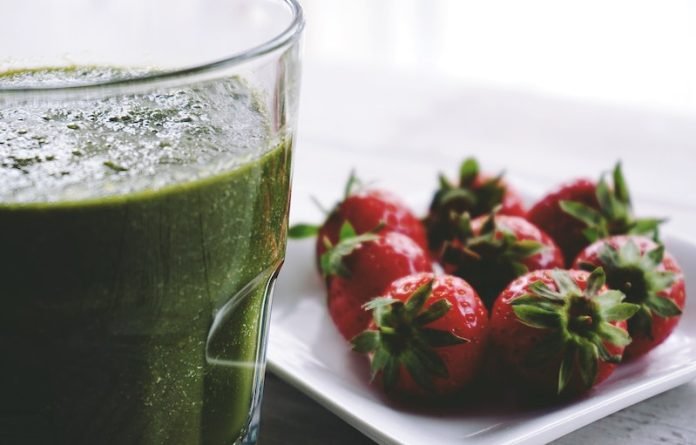
Chronic kidney disease (CKD) is a condition where the kidneys are not functioning properly, and it affects millions of people around the world.
CKD can cause many complications, including kidney failure, which requires dialysis or a kidney transplant to manage.
However, there are ways to delay the need for these interventions, such as making changes to the diet.
A recent study looked at two different diets for people with CKD stage 4-5 in Taiwan and Thailand.
The first diet was a conventional low-protein diet (LPD), which is a diet that limits the amount of protein that a person consumes.
The second diet was a vegetarian very low-protein diet (VLPD) supplemented with ketoanalogues of essential amino acids.
The goal of the study was to determine which diet was more cost-effective and beneficial for people with CKD.
The team used a computer model to simulate health outcomes and care costs for people on either the LPD or the VLPD supplemented with ketoanalogues.
They collected information from published studies and local sources. The results showed that the VLPD was more cost-effective than the LPD in both Taiwan and Thailand.
The team found the VLPD increased survival and quality-adjusted life years (QALYs) at a lower cost than the LPD.
The results of the study suggest that a vegetarian very low-protein diet (VLPD) supplemented with ketoanalogues of essential amino acids is a cost-effective approach to delaying dialysis initiation for people with CKD in Taiwan and Thailand.
This approach can also improve people’s quality of life and reduce healthcare costs.
A VLPD is a diet that limits the amount of protein that a person consumes, but it is supplemented with ketoanalogues of essential amino acids.
Ketoanalogues are compounds that are similar to amino acids, which are the building blocks of protein. They help to maintain the body’s protein balance while limiting the amount of protein in the diet.
The study’s findings are important because CKD is a global health issue that affects many people worldwide.
It is also an expensive condition to manage, and dialysis and kidney transplants are not always available or accessible to everyone who needs them.
The VLPD supplemented with ketoanalogues is a relatively simple and affordable intervention that can help delay the need for these interventions.
What to eat to prevent chronic kidney disease
Chronic kidney disease (CKD) is a serious condition that affects the kidneys and can lead to kidney failure. Making dietary changes can help prevent CKD or slow its progression. Here are some foods that can help prevent CKD:
Vegetables: Vegetables are rich in vitamins and minerals and low in sodium and potassium, which can help prevent CKD. Examples include broccoli, spinach, kale, and cauliflower.
Fruits: Fruits are also rich in vitamins and minerals and low in sodium and potassium. Examples include apples, berries, pears, and grapes.
Whole grains: Whole grains are a good source of fiber and help regulate blood sugar levels, which can prevent CKD. Examples include brown rice, quinoa, and whole wheat bread.
Lean protein: Consuming lean protein can help maintain muscle mass and prevent CKD. Examples include chicken breast, fish, and tofu.
Low-fat dairy products: Low-fat dairy products are a good source of calcium and vitamin D, which can prevent CKD. Examples include low-fat milk, yogurt, and cheese.
In addition to these foods, it is important to limit or avoid foods that can contribute to CKD, such as:
Processed foods: Processed foods are often high in sodium, which can contribute to high blood pressure and CKD.
Red meat: Red meat is high in protein and can contribute to CKD.
Sugary drinks: Sugary drinks are high in sugar and can contribute to diabetes, which is a risk factor for CKD.
High-sodium foods: High-sodium foods can contribute to high blood pressure and CKD. Examples include canned soups, processed meats, and fast food.
It is important to talk to a healthcare provider or a registered dietitian before making any significant dietary changes. They can provide personalized recommendations based on individual health needs and medical history.
The research was published in The Journal of Renal Nutrition and was conducted by Kearkiat Praditpornsilpa et al.
Copyright © 2023 Scientific Diet. All rights reserved.



